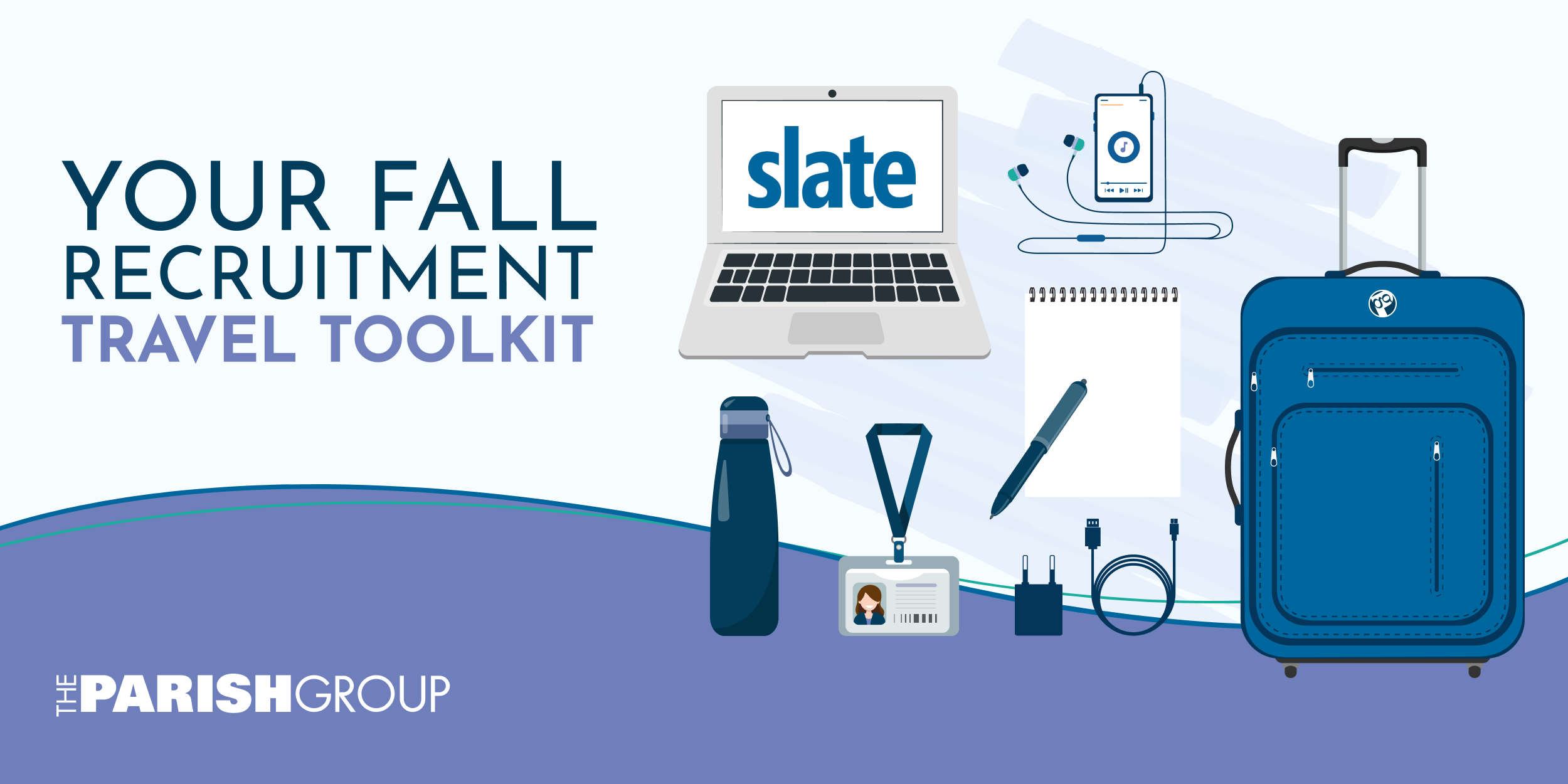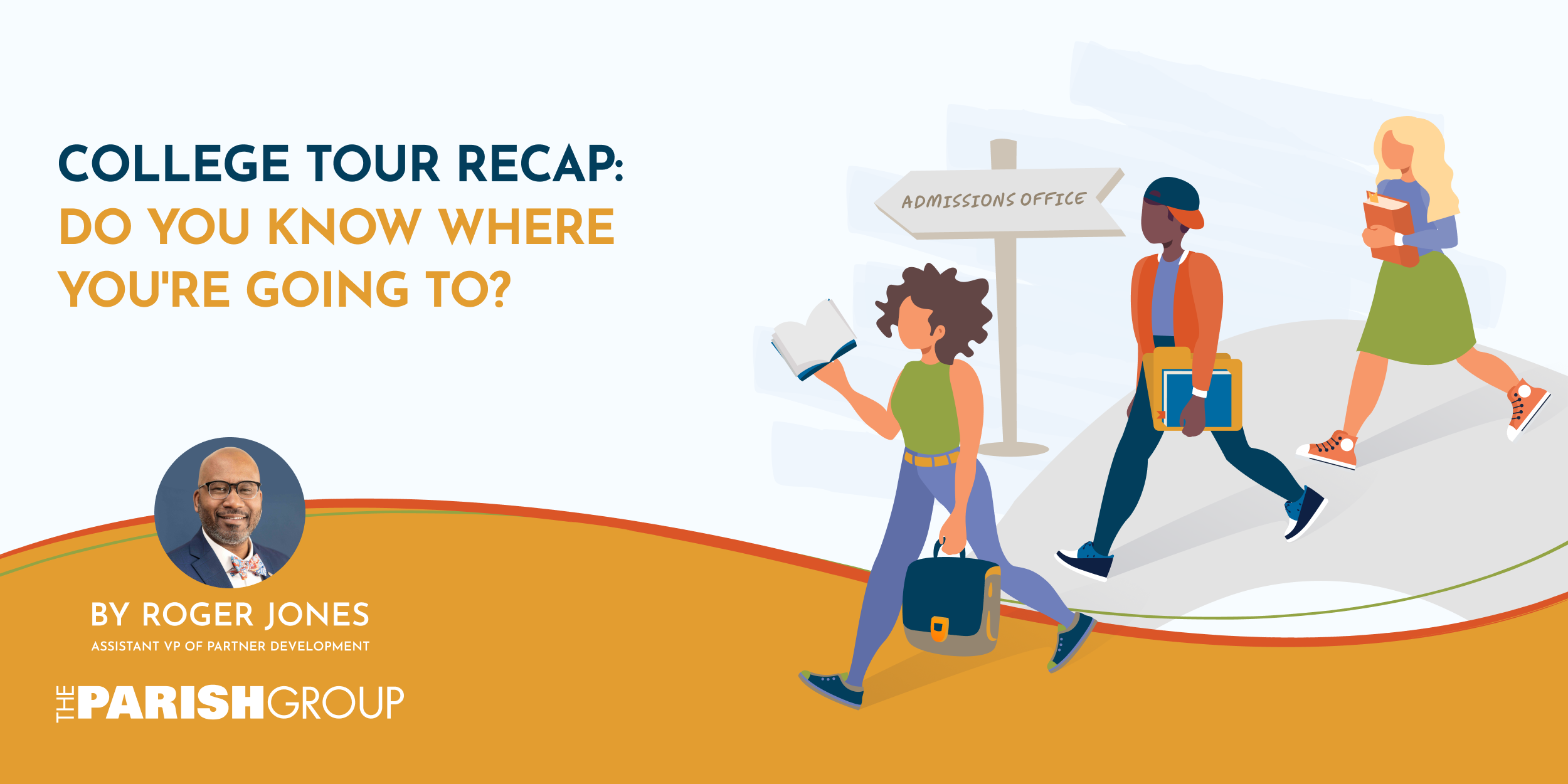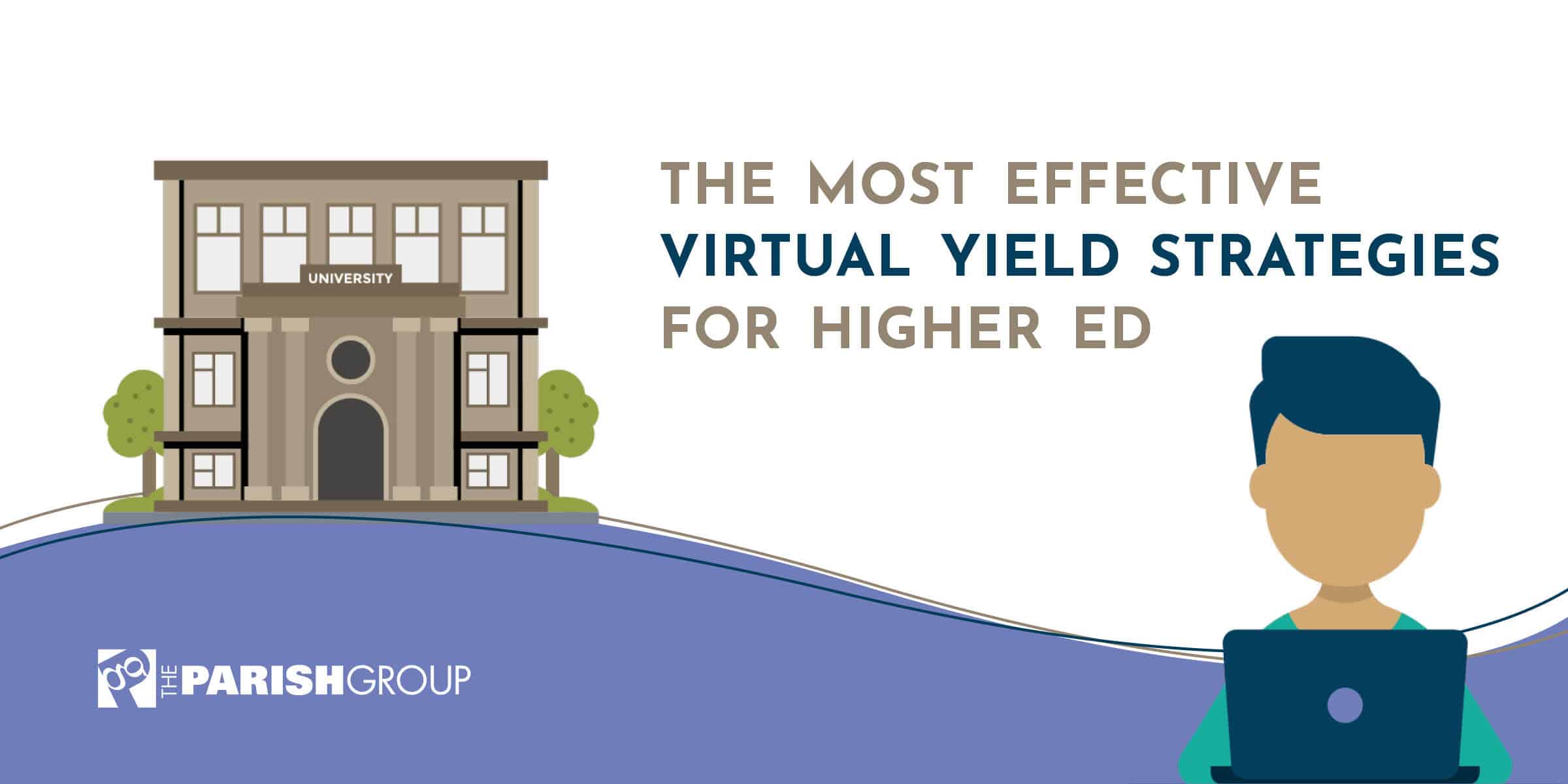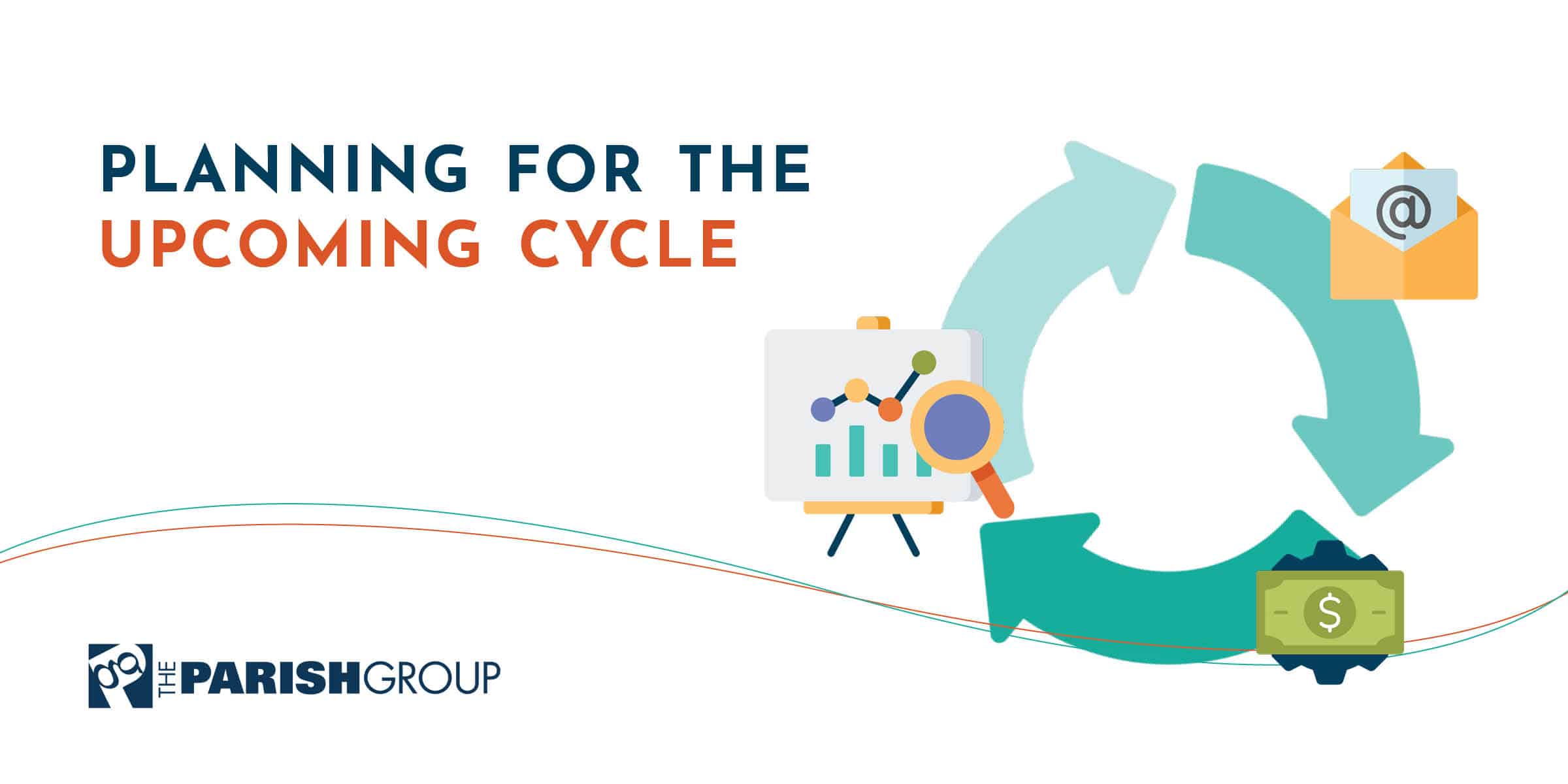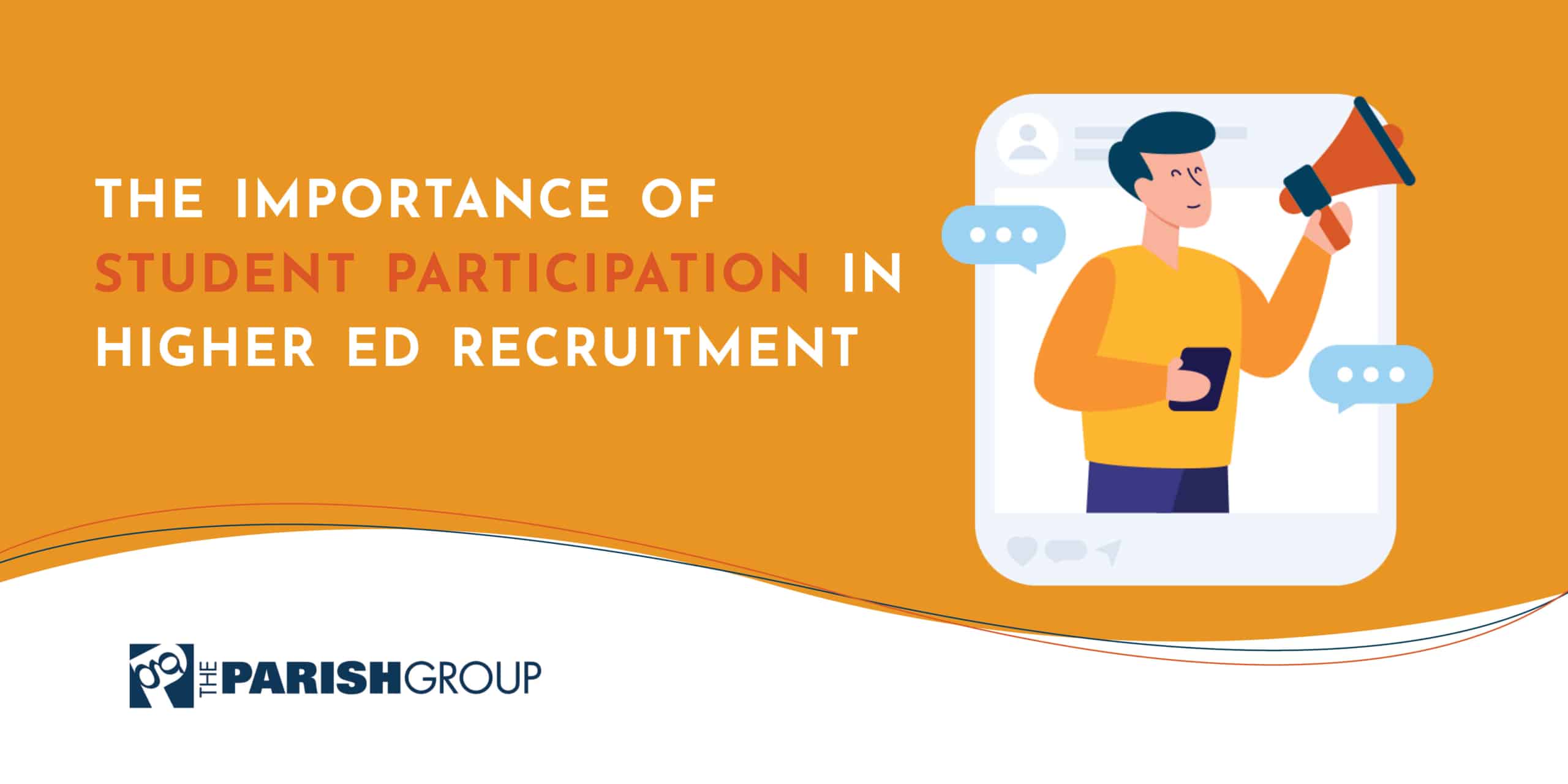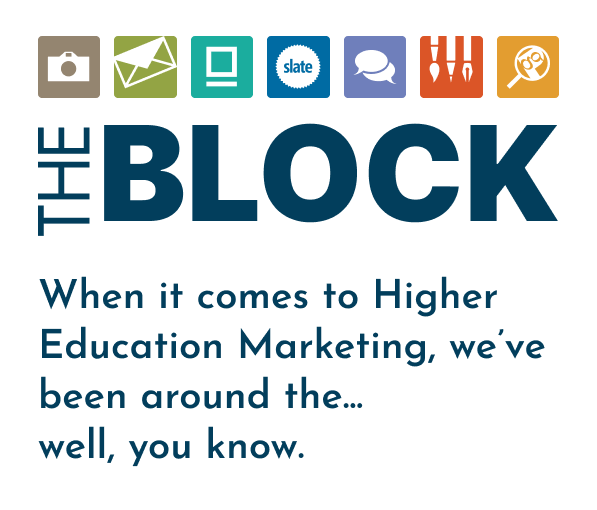
In writing, marketing, and practically all forms of communication, it’s important to always be aware of your audience. What do they expect? What is the context of this communication? How does their point of view impact the message you share?
For admission counselors, your audience is the prospective student and their parents. While of course each individual will be different in some way, it’s necessary to understand the overall qualities of both these generations in order to successfully communicate the value of your school.
In this blog, we’ll go over traits to keep in mind when talking to a prospective student.
Understanding Your Student
Your prospective student is Gen Z, those born between 1997 and 2012.
Think of them as the iGen generation. All the technological advancements, rise of social media, and economic downfalls that occurred during their formative years influence the way they view themselves and what they want out of their future.
The Independent Entrepreneurs
First and foremost, Gen Z is entrepreneurial. They desire independent work environments, as technology has allowed them to do, and 72% plan to establish their own business someday. Tapping into that independent, ambitious energy will help guide your communications with them.
Highlighting opportunities to grow as a self-starter at your institution can play into their overall roadmap. Regardless of major, if a student is presented with industry-experienced professors, internship opportunities, hands-on learning, and an active alumni network, they will be primed to lead their own way post graduation.
The Change-Seeking Philanthropist
Gen Z is also a very philanthropic generation. Growing up in an age where climate change is no longer a far future, Gen Z is actively humanitarian.
They are volunteers and donors who pursue change because of the encroaching implications global warming. They want their work to make a difference. In fact, 93% say an organization’s societal impact affects their decision to work there.
Emphasize all the volunteer organizations at your school. Find out which cause they care most about and connect them to an organization at your school that directly donates to or works with that philanthropic cause.
The Financially Hesitant
When it comes to money, these students are very cautious. Many grew up feeling the impacts of the Great Recession on their parents. The economic turmoil of those years had a lasting effect on the way they handle their finances. 57% of Gen Z would rather save their money than spend.
This is integral when discussing financial aid. It’s no secret that the cost of a college education is skyrocketing and these students are well-aware of this.
They may have an arsenal of financial-related questions ready to throw at you, and while you don’t have to have all the answers, you must show that you understand and empathize with their concerns, and connect them to the correct resource if you don’t have an immediate answer.
Helping them locate scholarship opportunities both in-house and out will also help these students feel heard.
The Distracted Generation
Growing up in an age of fast technological advancements, these students are generally more social (thanks Facebook and Twitter!) yet less focused (thanks Vine and TikTok!).
These digitally savvy students spend over 15 hours a week on their smartphones, with 55% spending an average of 5 hours or more a day; yet their attention span lasts an average of 8 seconds. And despite their extreme familiarity with technology, they generally prefer traditional means of communication.
What this means for you: be wary of using nontraditional communication methods, such as social media or texts to communicate with these students. They want firm barriers between personal and professional lives, and cherish the traditional ways as these are less pertinent in their day-to-day lives.
This also means you have to catch their attention. Fast.
If you are selling your college or university with generic language these students could hear from any other institution, you’ve lost your audience.
Use Active Listening
While these data-confirmed traits apply to a majority of Gen Zers, obviously no two will be the same. We can use this information to guide us in the right direction, but we cannot solely rely on it to make the sale.
What you can rely on is actively listening to your prospective student. What is it they want for their future and how does your college fit the bill?
Find out what makes their eyes light up, what makes their smiles bigger, and use those talking points to guide the conversation.
Keeping in mind the larger trends as well as the personal goals of your prospective student will help cultivate your relationship with them overall. Come armed with knowledge and treat them like more than a number, and success will follow.
Admission Counselor Training with The Parish Group
If your institution is interested in learning more tips about driving yield in your admission counseling departments, The Parish Group offers counselor training services either á-la-carte or as a part of larger projects.
Reach out at success@parishgroup.com or call our office at 828-505-3000 to learn more about our training services.

